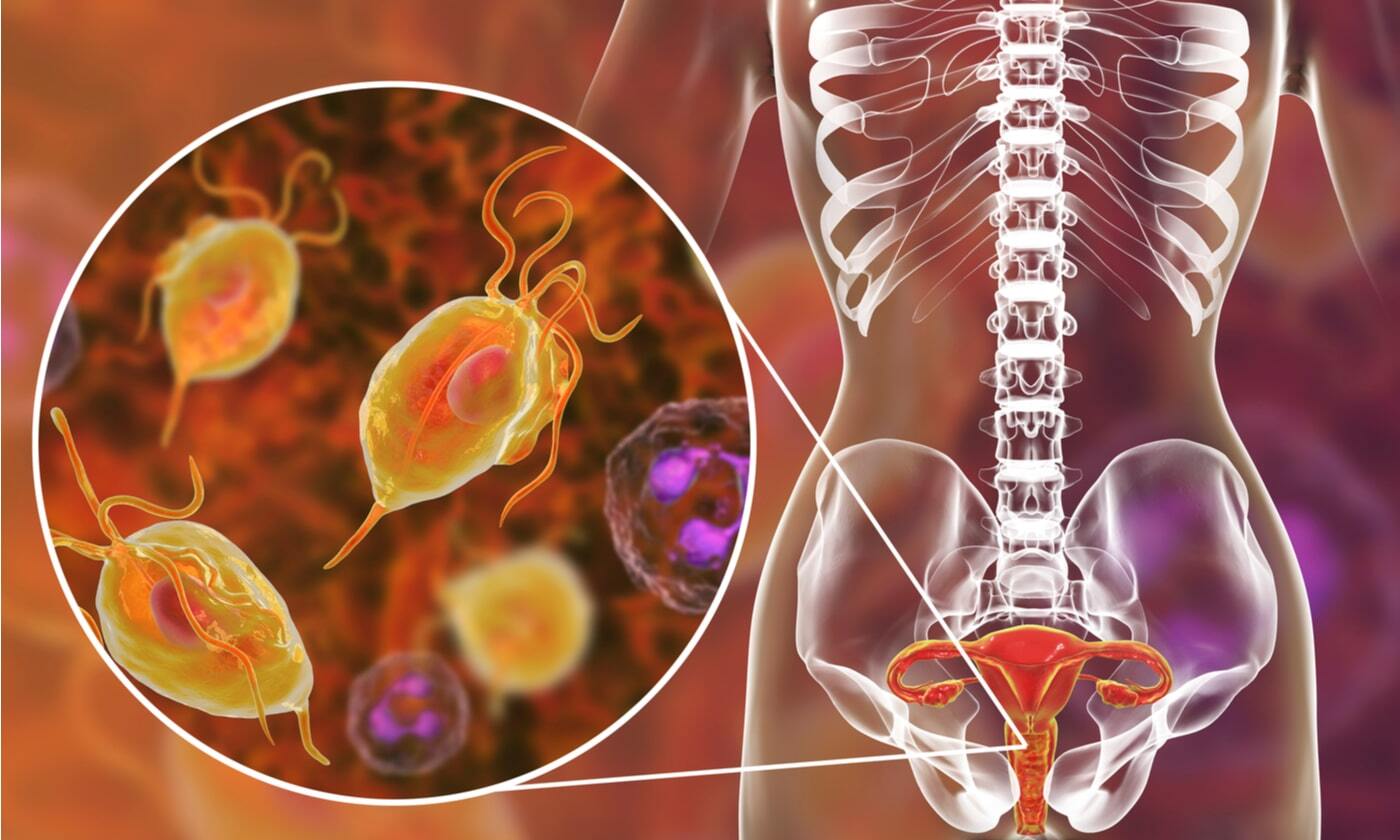
Trichomoniasis is a common sexually transmitted infection (STI) caused by a parasite called Trichomonas vaginalis. Many people might not even know they have it since symptoms can be mild or absent. How common is trichomoniasis? Very common. In fact, millions of new cases occur each year worldwide. This infection affects both men and women, though women are more likely to show symptoms. Left untreated, it can lead to complications like increased risk of other STIs and pregnancy issues. The good news? Trichomoniasis is treatable with medication. Understanding this infection helps in prevention and early treatment, ensuring better health outcomes. Let's dive into 32 crucial facts about trichomoniasis to keep you informed and safe.
What is Trichomoniasis?
Trichomoniasis, often called "trich," is a common sexually transmitted infection (STI) caused by a parasite. Many people might not know much about it, but understanding trichomoniasis can help in prevention and treatment.
- Trichomoniasis is caused by a parasite named Trichomonas vaginalis.
- It is one of the most common curable STIs.
- Around 3.7 million people in the U.S. have trichomoniasis.
- Only about 30% of those infected show symptoms.
- Women are more likely to get trichomoniasis than men.
Symptoms of Trichomoniasis
Symptoms can vary greatly, and some people might not even realize they have the infection. Knowing the signs can help in early detection and treatment.
- Symptoms in women include itching, burning, redness, or soreness of the genitals.
- Women may also experience discomfort with urination.
- A change in vaginal discharge, which can be clear, white, yellowish, or greenish with an unusual fishy smell, is common.
- Men might feel itching or irritation inside the penis.
- Men can also have burning after urination or ejaculation.
- Some men might notice a discharge from the penis.
How Trichomoniasis is Spread
Understanding how trichomoniasis spreads can help in taking preventive measures. It's mostly transmitted through sexual contact.
- Trichomoniasis spreads through vaginal, oral, or anal sex.
- Sharing sex toys without proper cleaning can also transmit the infection.
- It can be passed from an infected mother to her baby during childbirth.
- The parasite cannot survive long outside the human body, so it’s unlikely to be spread through contact with toilet seats, bedding, or swimming pools.
Diagnosis and Treatment
Early diagnosis and treatment are crucial to prevent complications and further spread of the infection.
- Trichomoniasis can be diagnosed through a lab test of a sample of vaginal fluid or urine.
- A healthcare provider might also use a microscope to look for the parasite in a sample.
- The infection is treated with prescription antibiotics, usually metronidazole or tinidazole.
- Both partners should be treated simultaneously to prevent re-infection.
- Avoiding sexual intercourse until the infection is fully treated is recommended.
Prevention of Trichomoniasis
Prevention is always better than cure. Simple steps can significantly reduce the risk of contracting trichomoniasis.
- Using condoms correctly every time during sex can reduce the risk.
- Limiting the number of sexual partners can also help.
- Regular STI screenings are important, especially if you have multiple partners.
- Communicating openly with partners about STIs and sexual health is crucial.
- Avoiding douching, as it can disrupt the natural balance of bacteria in the vagina, making it easier to get infections.
Complications of Trichomoniasis
If left untreated, trichomoniasis can lead to more serious health issues. Awareness of these complications can emphasize the importance of treatment.
- Trichomoniasis can increase the risk of getting or spreading other STIs, including HIV.
- In pregnant women, it can cause preterm delivery or low birth weight.
- It can lead to pelvic inflammatory disease (PID) in women, which can cause infertility.
- Men might experience prostatitis or epididymitis, which are infections of the prostate gland and the epididymis, respectively.
Interesting Facts about Trichomoniasis
Here are some lesser-known facts that might surprise you about trichomoniasis.
- Trichomoniasis has been around for centuries, with references found in ancient medical texts.
- The parasite Trichomonas vaginalis has a unique way of moving, using whip-like structures called flagella.
- Despite being a common STI, trichomoniasis is often underreported due to the lack of symptoms in many infected individuals.
Final Thoughts on Trichomoniasis
Trichomoniasis, often overlooked, is a common sexually transmitted infection. Knowing the symptoms like itching, burning, and unusual discharge can help in early detection. Regular screenings are crucial since many people don't show symptoms. Treatment is straightforward with prescribed antibiotics, but both partners need to be treated to prevent reinfection.
Prevention plays a big role. Using condoms and having open conversations with partners about sexual health can reduce risks. Remember, trichomoniasis can increase the likelihood of contracting other STIs, including HIV.
Staying informed and proactive about sexual health is key. If you suspect you might have trichomoniasis, consult a healthcare provider. Early treatment can prevent complications and improve overall health. Knowledge and communication are your best tools in managing and preventing trichomoniasis. Stay safe and take care of your health.
Was this page helpful?
Our commitment to delivering trustworthy and engaging content is at the heart of what we do. Each fact on our site is contributed by real users like you, bringing a wealth of diverse insights and information. To ensure the highest standards of accuracy and reliability, our dedicated editors meticulously review each submission. This process guarantees that the facts we share are not only fascinating but also credible. Trust in our commitment to quality and authenticity as you explore and learn with us.
